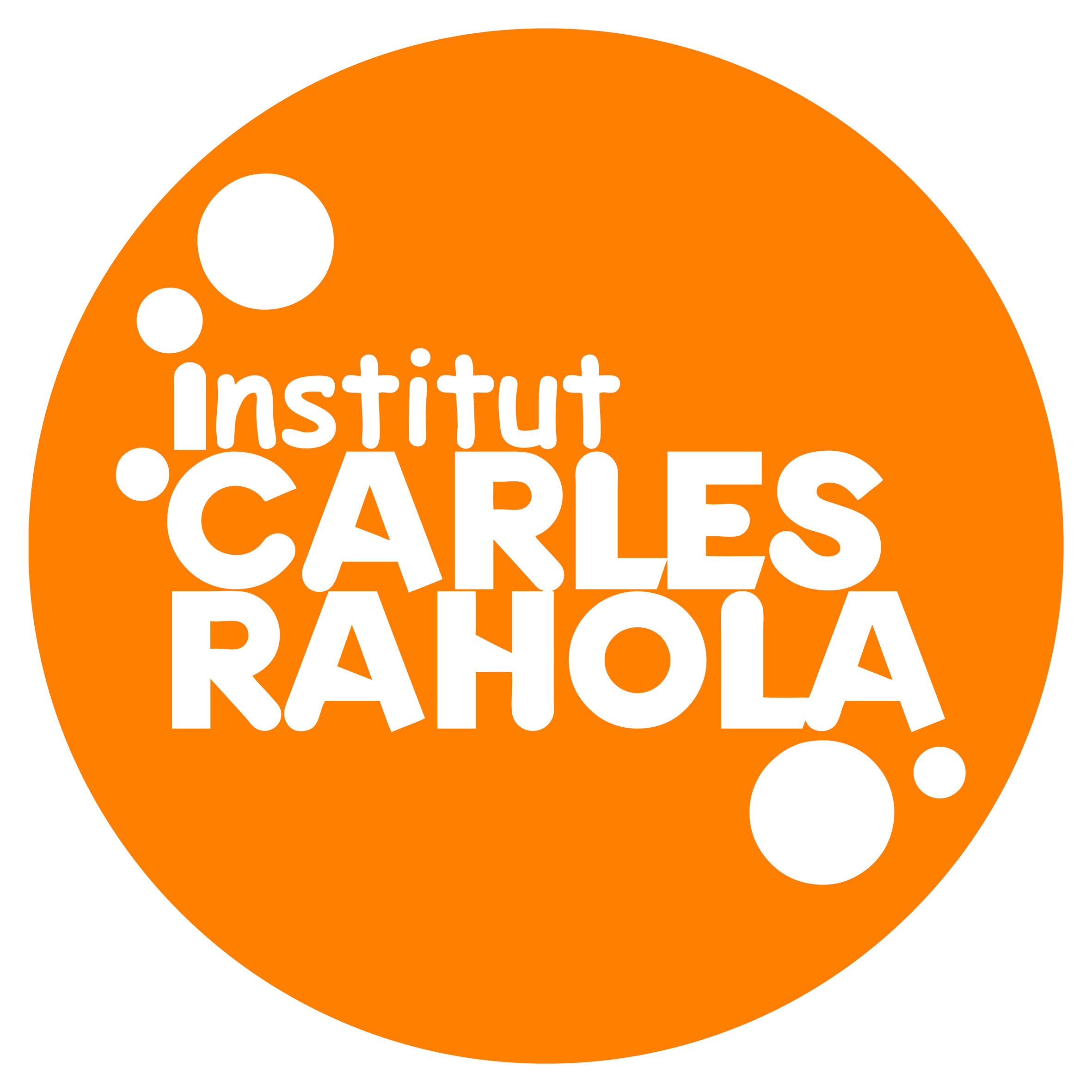Storytelling for cultural and Language development
They say that globalization has had the virtue of getting closer to our differences.
The EU Erasmus + program (http://www.erasmusplus.gob.es) wants to generate a feeling of belonging to the European Union as a citizen of the European Union. For this reason, projects that involve centers from different countries can be presented so that students work on common contents and carry out mobility between the signatory centers. If the project is approved, the EU assumes all the expenses that will allow it to be put into practice.
This year, the proposal we presented with educational centers in Macedonia, Greece, Malta and Romania has been selected. The project, entitled “Storytelling for cultural and language development”, is structured in several parts:
1. The center receives 10 elderly people who have a relevant personal history to explain. As our center has decided to take measures to promote gender equality, it will be 5 men and 5 women. Some of these people are part of the project Great Experts of the Greater Gentlemen’s Program of the Diocesan Càritas of Girona have already worked their talks because they offer them to the primary schools. Through the talks there is an interesting transfer of experiences from one generation to the next. (As you know, the center also implements 4th the Caritas program, sponsors a grandfather).
2. All 3rd year students will listen to the talks and, as a language activity, they will be drafted. The best ones will be chosen, will be translated into English and illustrated by, finally, editing a book with the rest of the stories contributed by the other European centers of the project. The book will be presented in Greece in spring 2020 in an official event that will be attended by all the participating partners and local authorities.
3. The project contains various mobility of students and teachers financed entirely by the EU. The first mobility with 6 students (three boys and three girls) will take place from April 1, 2019 in Skopiei. Students and accompanying teachers will be accommodated in a hotel and will share various activities with students from other nationalities. The vehicular language will be English.


